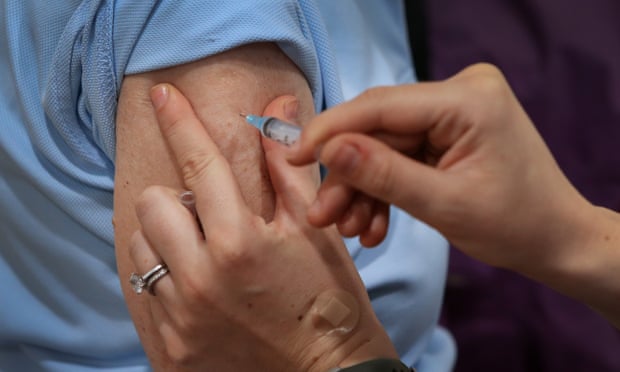Why Australia remains confident in AstraZeneca vaccine as two countries put rollout on ice
Of all of the Covid-19 vaccines being rolled out worldwide, none has been quite so beleaguered as the Oxford University/AstraZeneca vaccine, with questions raised about its efficacy and its side-effects.
Given the pause in rollouts of the AstraZeneca vaccine elsewhere, what is the latest on who should and should not receive the AstraZeneca vaccine in Australia? Should Australians be worried given our reliance on it? And has the criticism of the vaccine to date been fair?
The latest on side-effects
On Wednesday, German health authorities in Berlin and Munich suspended rollout of the AstraZeneca vaccine for those under the age of 60 following new concerns around rare blood clotting. A day earlier, Canada made a similar move due to the same concerns, halting the rollout for people under age 55.
It follows a previous review of clotting by European and UK health authorities, with that data also reviewed by Australian regulators. The review reassuringly found the number of blood clotting cases reported after vaccination, both in the large clinical trials and during rollout across the world, was lower than that expected in the general population.
Following vaccination there has been a very small number of cases of a rare type of blood clotting disease (known as disseminated intravascular coagulation), as well as extremely rare cases of clots in the vessels draining blood from the brain (known as cerebral venous sinus thrombosis). Yet it has not been proven that these cases were caused by the vaccine.
Australia’s medicines regulator, the Therapeutic Goods Administration, notes that these conditions are also sometimes seen in people who have not received a Covid-19 vaccine. But Canada’s National Advisory Committee on Immunisation said new data from Europe suggested the risk of blood clots may be about one in 100,000, and it appeared women under age 55 were most at risk.
Are there any alternatives to AstraZeneca?
Australia is relying heavily on the AstraZeneca vaccine – rolling out 53.8m doses of it through the course of the year. The only other vaccine currently available in Australia is Pfizer’s mRNA vaccine, but with a fraction of the ordered 20m doses of this vaccine available in the early stages of the rollout, all but the most high-risk people will receive the AstraZeneca vaccine for now. A third vaccine known as Novavax is also being scrutinised by the Australian regulators and will be rolled out, if approved, by the end of June.
Who should not get the AstraZeneca vaccine?
For the time being, the Australian Technical Advisory Group on Immunisation recommends that any Covid-19 vaccination (not just the AstraZeneca vaccine) should be deferred in those who have a history of the following rare conditions:
People with a confirmed medical history of CVST.
People with a confirmed medical history of heparin induced thrombocytopenia, when people develop a low platelet count after being given the blood thinner heparin.

